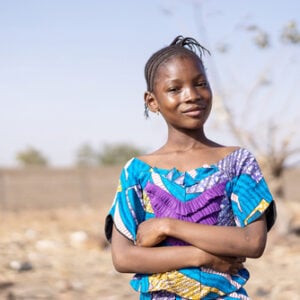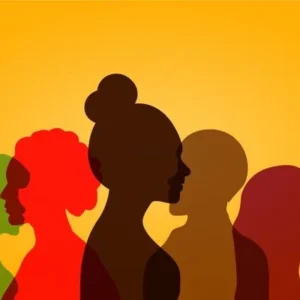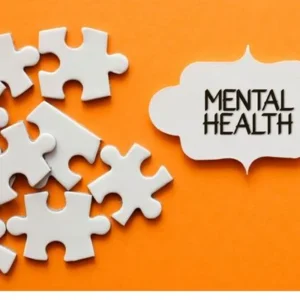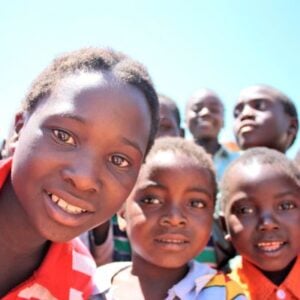Unsafe abortion continues to pose a serious public health crisis across Africa, particularly affecting young, poor, rural, and marginalized women. Despite being a known threat for decades, it remains largely unspoken due to its discomforting reality. In Sub-Saharan Africa, three-quarters of abortions are unsafe, and one in every 150 results in death—a grim reflection of political and systemic neglect of women’s health and rights.
The Maputo Protocol, adopted by the African Union in 2003, was intended to ensure reproductive justice by legalizing abortion under specific circumstances. However, many African nations have failed to fully implement its provisions. The lack of political will has resulted in ongoing criminalization, restricted access, and dangerous alternatives that continue to cost women their lives.
Unsafe abortions often occur under harrowing conditions—untrained providers, unsanitary environments, or self-induced methods. The consequences are severe, including life-threatening complications like sepsis and internal injuries. Survivors carry not only physical trauma but deep psychological scars caused by shame, fear, and stigma.
Healthcare providers regularly witness the devastating outcomes of restrictive abortion laws. These policies, often crafted by male legislators, ignore the real-life complexities faced by women and girls. The economic burden is also significant, costing over half a billion dollars in healthcare and nearly a billion more in lost income due to long-term disability—yet the human toll is incalculable.
To address this crisis, governments must urgently decriminalize abortion and fully enforce the Maputo Protocol. This includes expanding legal grounds, removing barriers, training health workers, and ensuring access to safe, affordable, and respectful abortion services. Preventive measures like comprehensive sexuality education and modern contraception must also be prioritized.
Reframing the public discourse around abortion is essential. It must shift from stigma and silence to empathy, science, and justice. Abortion is a necessary component of healthcare and, in many situations, a matter of survival. On Pan-African Women’s Day, the call is clear: reproductive justice demands action, not promises—laws that protect, systems that care, and a political commitment to safeguarding the lives and dignity of women and girls across the continent.







